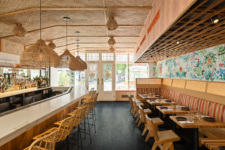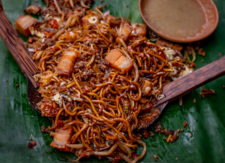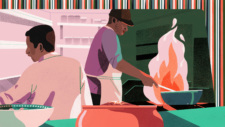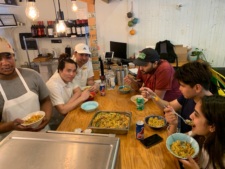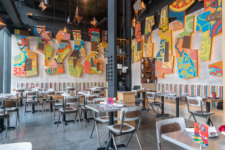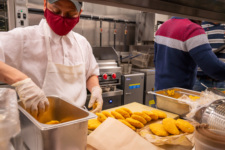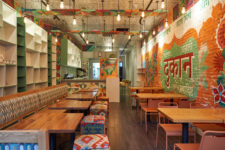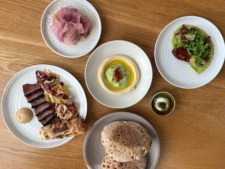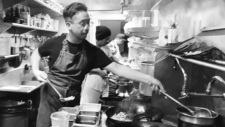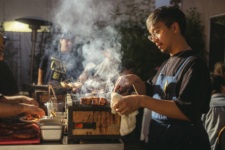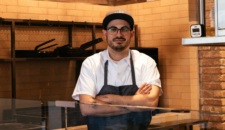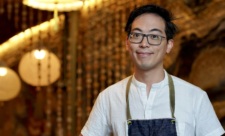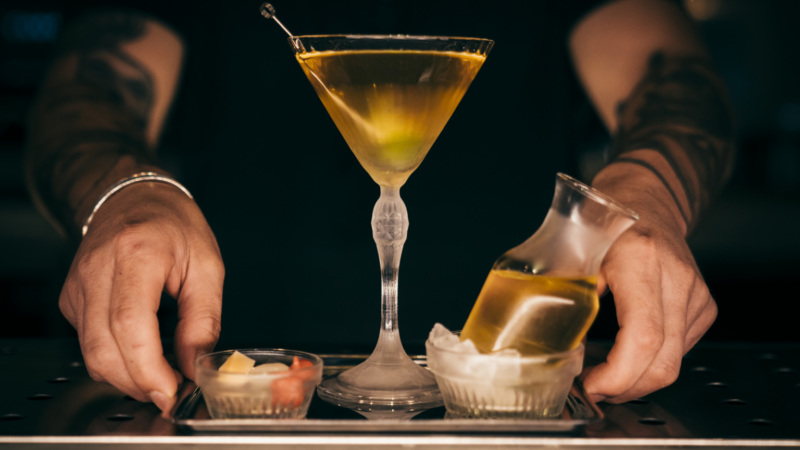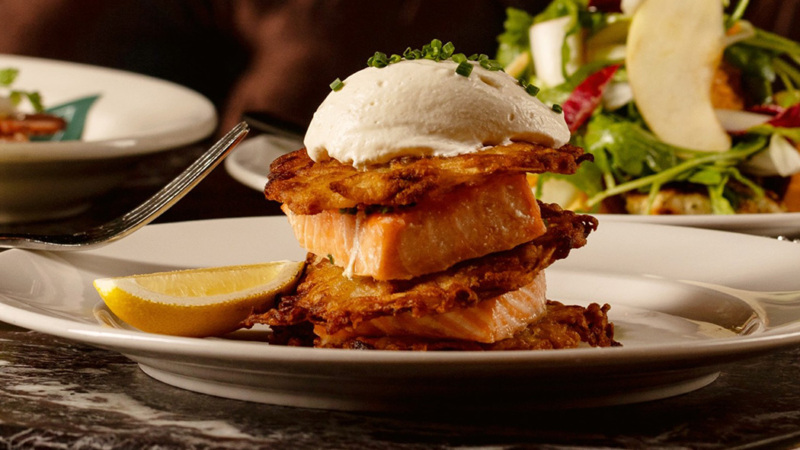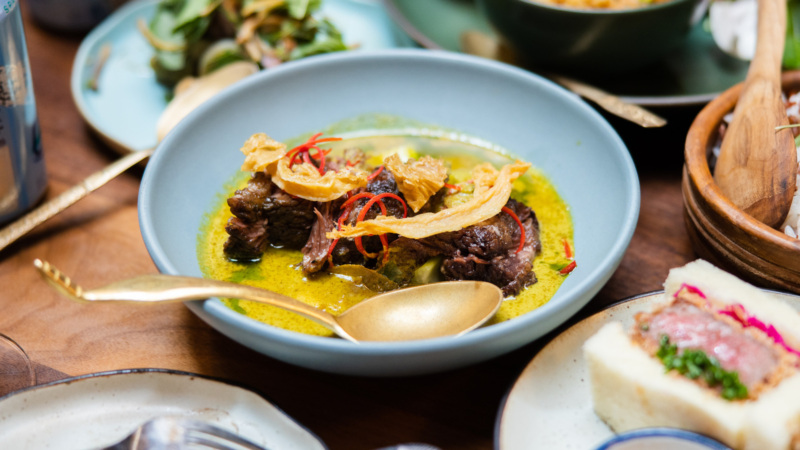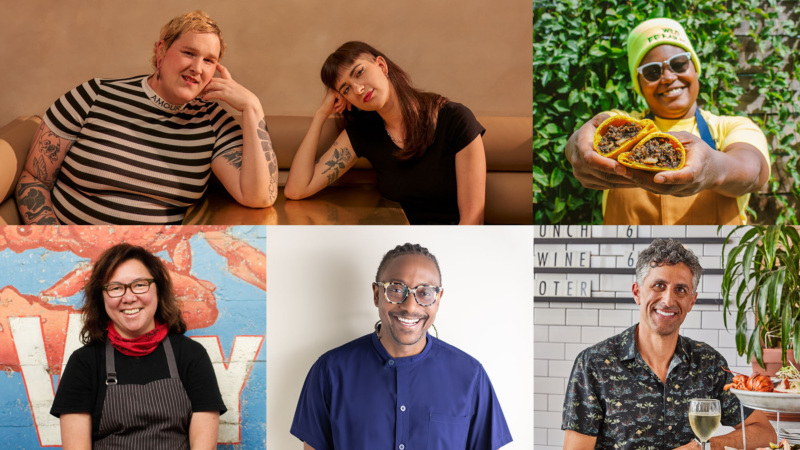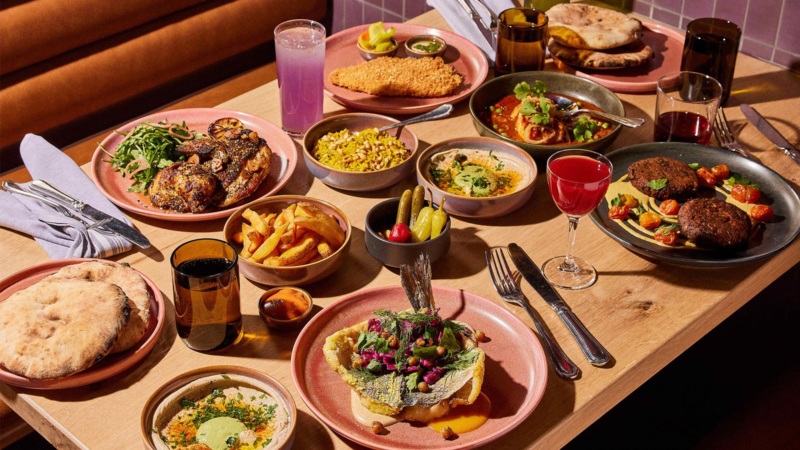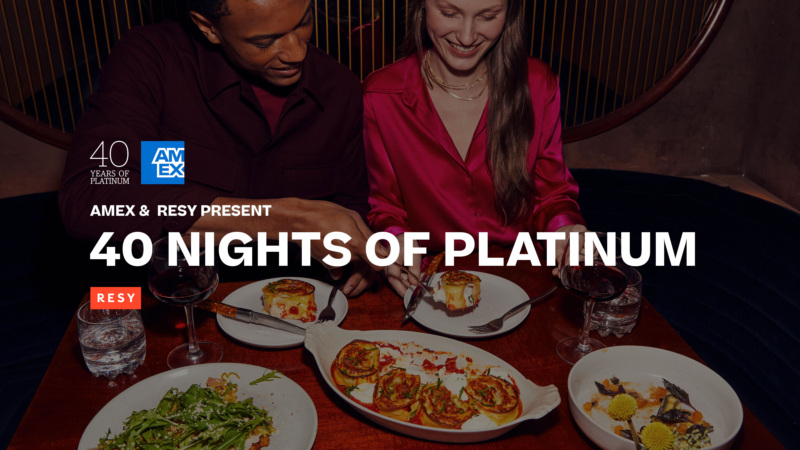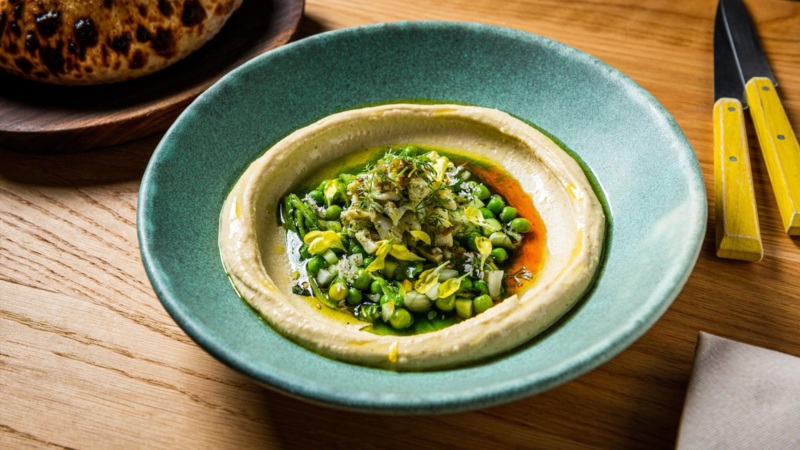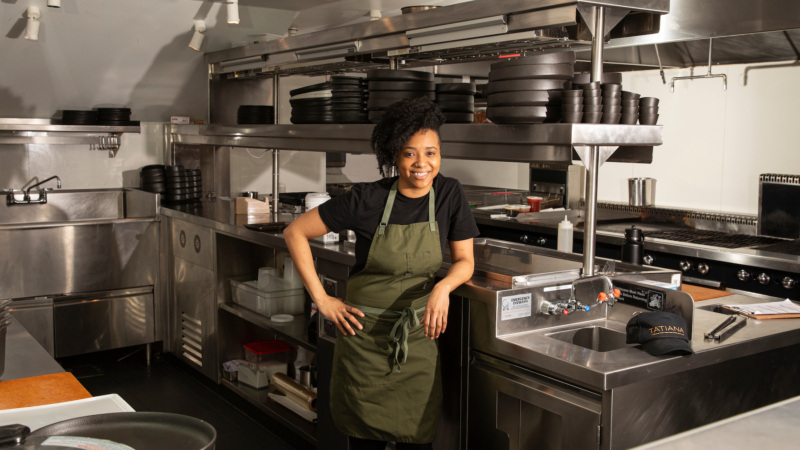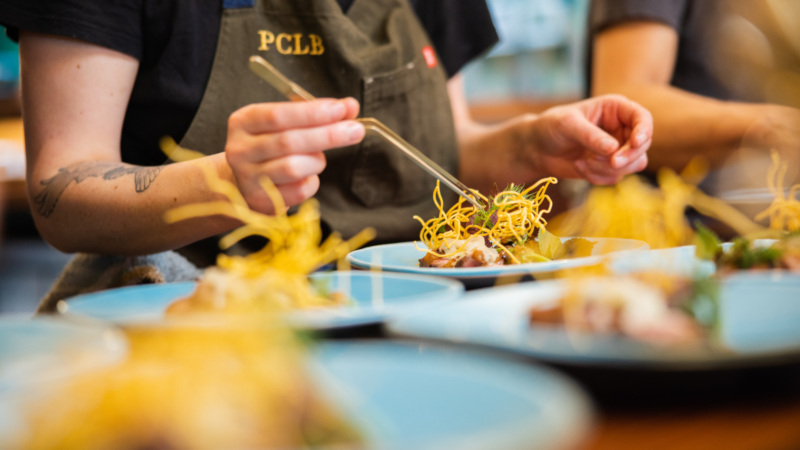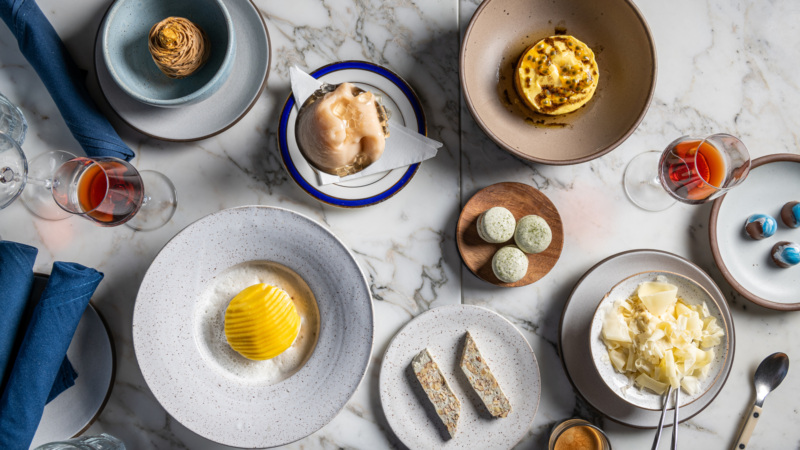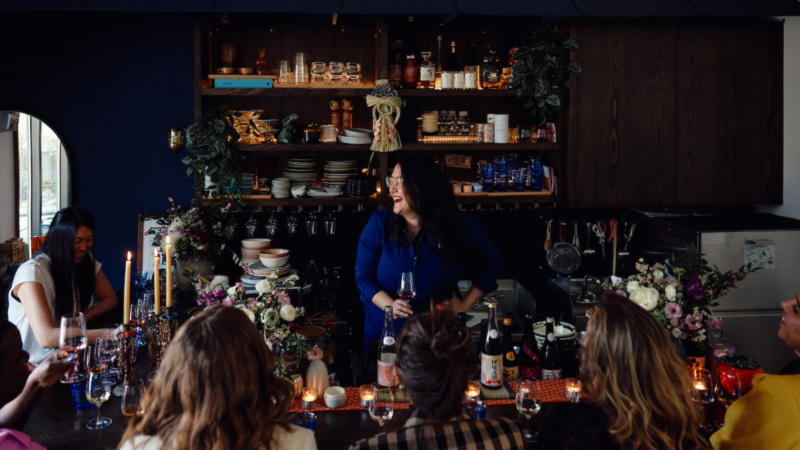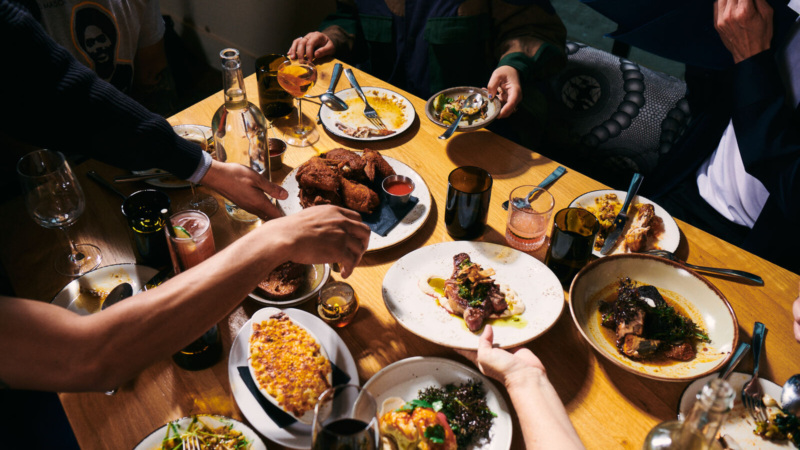
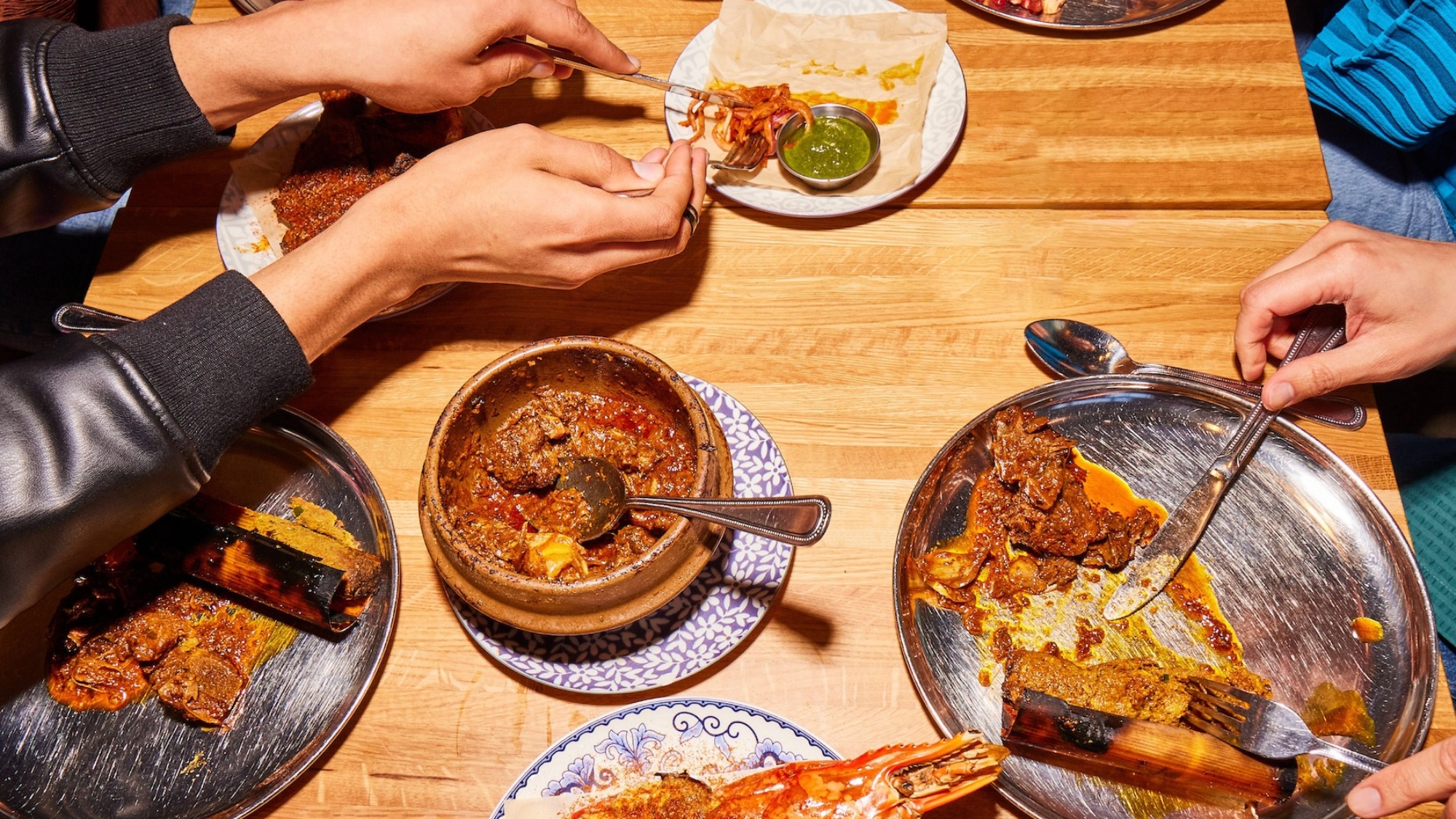
The Gospel of American Food, According to Unapologetic Foods
For so long, we’ve told ourselves that American food is defined by burgers and fries. Or slices of pizza and bites of cheesy, meat-filled sandwiches. It’s hot dogs at ballparks, and a grilled porterhouse at your favorite steakhouse. But in recent years, there’s been a definite change in what we, as Americans, are actually eating. It’s still all of the above, but we’re also adding gochujang to our cookies and spaghetti. We’re scoping out the best birria tacos, and making lists of our favorite spots for soup dumplings. We relish dipping chunks of fresh tofu and grilled intestines into pungent fermented shrimp paste. We’re savoring bheja fry and gunpowder dosas. Today, more than ever, we’re demanding to eat globally, as it were.
And a big reason why is because of chefs like Chintan Pandya and restaurateurs like Roni Mazumdar from New York’s Unapologetic Foods, the restaurant group behind Adda Indian Canteen, Dhamaka, Semma, Masalawala & Sons, and Naks. Their story is the story of American food today, and perhaps the best thing about it is that it’s not just limited to them, either. It’s about chefs throughout America — like Ana Castro of the forthcoming Acamaya in New Orleans, Heena Patel of Besharam in San Francisco, and Jerald and Nhung Dao Head of Mắm in New York, just to name a few — being unapologetic about who they are and where they come from. And they’re expressing that through their food and their restaurants in the hopes of giving us, the diners, what restaurants have always given us in some way: real connection, and a sense of community. Ultimately, they’re cooking food that helps us all better understand and appreciate each other. And they’re doing it despite all the challenges they’ve faced along the way.
This matters because what these chefs are doing isn’t just about serving delicious food, or staying in business. Despite the negative stereotypes or misconceptions people might have about their respective foods and cultures, and despite the fact that people may not value their food for what it’s really worth — or really costs — they continue to cook on their own terms. And with every dish that comes out of their kitchens, slowly but surely, they’re changing our own perceptions of what it means to be American, and what American food really is today.
That’s why, this summer, Pandya and Mazumdar are coming together with other acclaimed chefs across the country — Justin Pichetrungsi of Anajak Thai, Zachary Engel of Galit, and Simon Lam of Tiger Fork — to showcase not only foods from their respective cultures, but why it’s even more important to celebrate the stories behind those dishes: the personal histories, influences, and immigrant experiences that have shaped each of them and their cooking.
This endeavor isn’t “just about the food, but all it comprises,” says Mazumdar, about the upcoming event series. “It’s creating new memories, coming up with new ideas, and finding newfound respect for a whole new cuisine and a culture that might not have had that in the past. It’s an opportunity for all of us to share our stories in a slightly deeper, more personal way.”
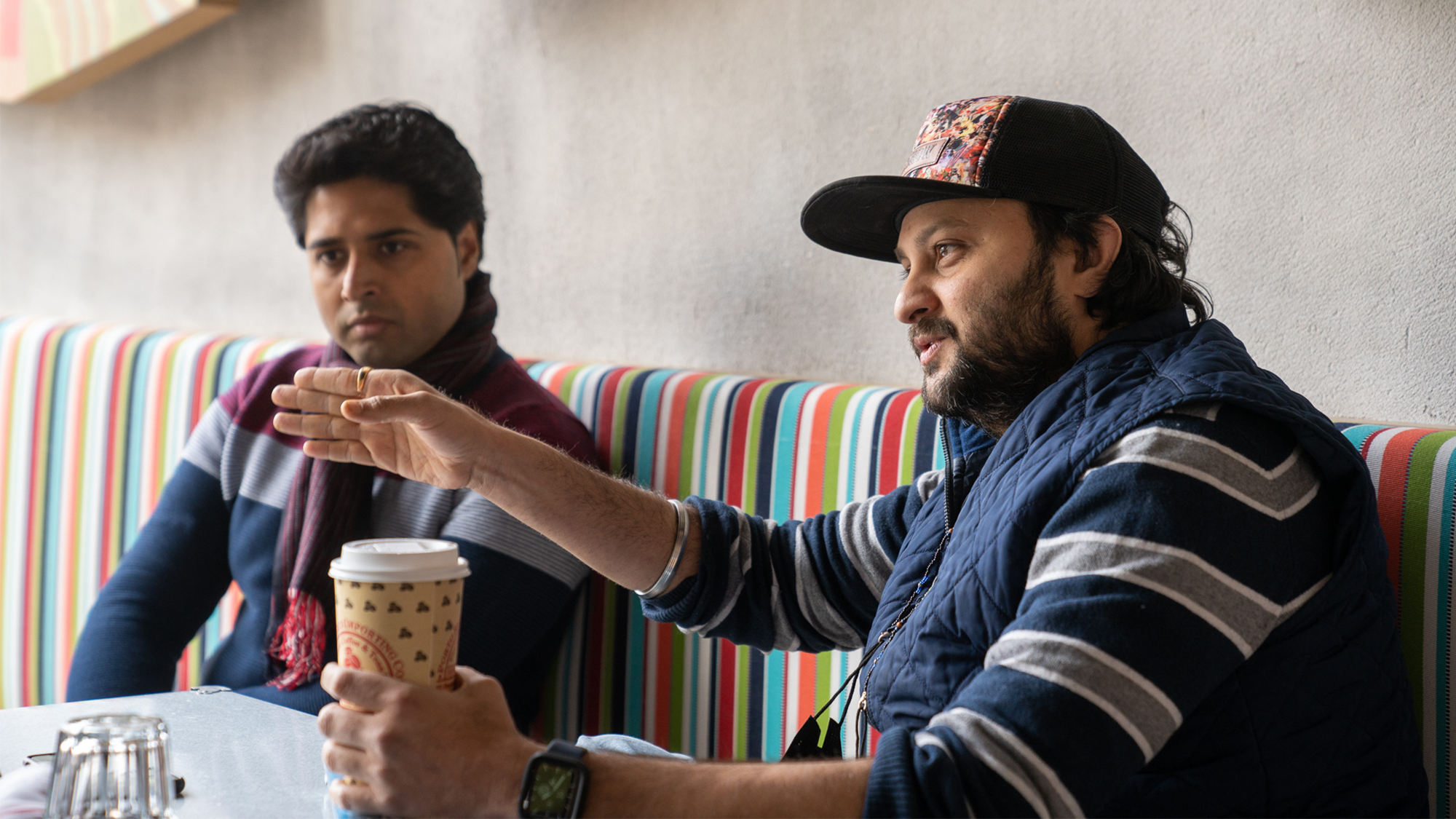
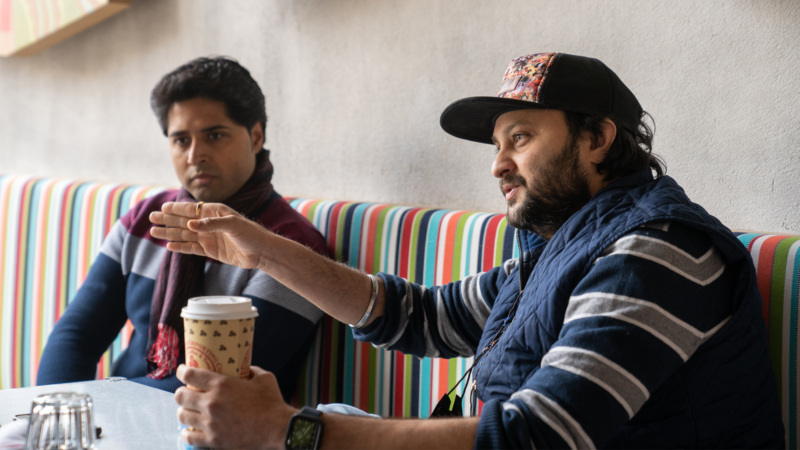
Food is often the quickest way to understand a culture, and immigrant cultures in America have, historically, used food to introduce themselves and connect with others in their newfound home. It’s resulted in some of our favorite cuisines, like Chinese American food and dishes, including those aforementioned burgers and fries. But whereas immigrant chefs from previous generations often felt pressure to conform to preconceived expectations, or cater to certain palates, today’s chefs are breaking away from that.
Conquering that fear of not being accepted, and refusing to change parts of yourself to make it easier to fit in “is the very essence of what ‘unapologetic’ is,” Mazumdar explains. “But we rarely got a chance to show who we actually are, and rarely did so, because we were worried people might not show up, and it wouldn’t make any business sense. And this isn’t just for Indian cuisine, but also for Filipino, or Vietnamese, or any cuisine that is underrepresented or has felt a dire need to be something else.”
With every dish that comes out of their kitchens, slowly but surely, they’re changing our own perceptions of what it means to be American, and what American food really is today.
Whether you’re a first-, second-, or third-generation immigrant chef in America, there will always be some kind of struggle for acceptance of your culture, but getting to make the food you want to make and sharing it with others on your own terms — that’s the American Dream, right there.
Each of Unapologetic Foods’ restaurants has very distinct and uncompromising views of what they should be, whether it’s showcasing the forgotten side of regional Indian cuisine at Dhamaka, putting a spotlight on Southern Indian cooking at Semma, crafting a deeply personal tribute to Roni’s father, Satyen, over at Masalawala & Sons, or giving a platform to Filipino cuisine at Naks. “I think us owning who we are is all we ever needed — and that’s what being unapologetic is,” Mazumdar says.
It wasn’t always like this, even for Mazumdar and Pandya, though. Getting to this point was an evolution in slowly shedding their fears. Their first restaurant together, Rahi (which would later become Semma) dabbled in modern Indian cuisine infused with ingredients and techniques borrowed from other cultures. It was Indian cuisine that was in vogue at the time. It wasn’t until they opened Adda Indian Canteen in 2018 that they started to call themselves “unapologetic,” and began cooking the kinds of Indian food they ate at home. At Adda, you’ll find familiar Indian dishes like butter chicken alongside a fiery stir-fry of goat brains (bheja fry), too. In 2021, they fully embraced being unapologetic by opening Dhamaka and crafting a menu filled entirely with Indian dishes you’d be hard-pressed to find here in America, let alone India: gurda kapoora (goat kidney and testicles) or Champaran meat (mutton). They plan to continuously change the menu at Dhamaka because they want to expand the exposure that diners have to their past, and their culture, with as many dishes as they possibly can.
But part of achieving that American Dream doesn’t necessarily mean you have to cook the food of your ancestors. And it doesn’t mean you have to shy away from “fusion.” It’s having the freedom to embrace all the facets of your lived experience and distilling that into the food you make. For Justin Pichetrungsi of Anajak Thai, that means translating his experience as a second-generation Thai American and Angeleno at the restaurant his family has owned for more than 40 years through omakase menus, Thai Taco Tuesdays, and having one of the deepest wine lists in the Valley. Over at Tiger Fork in D.C., chef Simon Lam doesn’t hesitate to roulade a chicken for his take on Cantonese soy sauce chicken. At Mắm in New York, Jerald Head embraces his wife and co-chef Nhung Dao Head’s Vietnamese heritage and together, they‘ve built one of the city’s most acclaimed restaurants for Vietnamese cooking that makes you feel as though you might be in Vietnam itself.
While each of these chefs’ approaches to being unapologetic are different, ultimately, their shared goal of bringing people together through food remains the same. “Food,” says Galit chef-owner Zachary Engel, “makes acceptance more possible.” It’s the hospitality that makes you feel like you’ve been transported to a dinner party at someone’s house in the Middle East. It’s the bite of food that reminds you of something your grandmother cooked for you — a reminder that no matter how different we all are, there are so many shared similarities between us, and our cultures, too.
And it’s that nostalgia, those feelings you get when you eat their food, that might just lead to so much more, including empathy and appreciation for cuisines — and cultures — unlike your own. That’s the ultimate American Dream for these chefs: that we better understand and appreciate one another and our cultures. Because, as Mazumdar says, “The message of being unapologetic goes far beyond food. Food is just the vehicle where we’re telling our story through.”
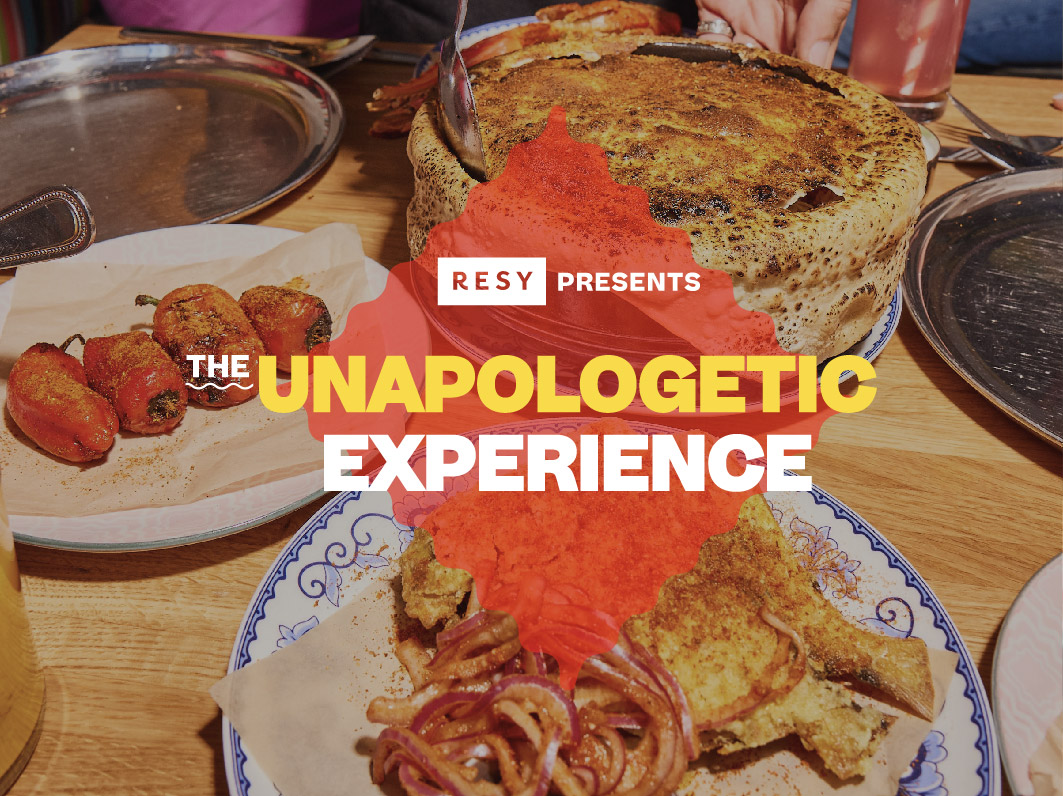
Get Your Tickets
This June and July, Unapologetic Foods is touring the country to pull off some of the year’s most exciting collabs with chefs that include Anajak Thai’s Justin Pichetrungsi, Galit’s Zachary Engel, and Tiger Fork’s Simon Lam.








